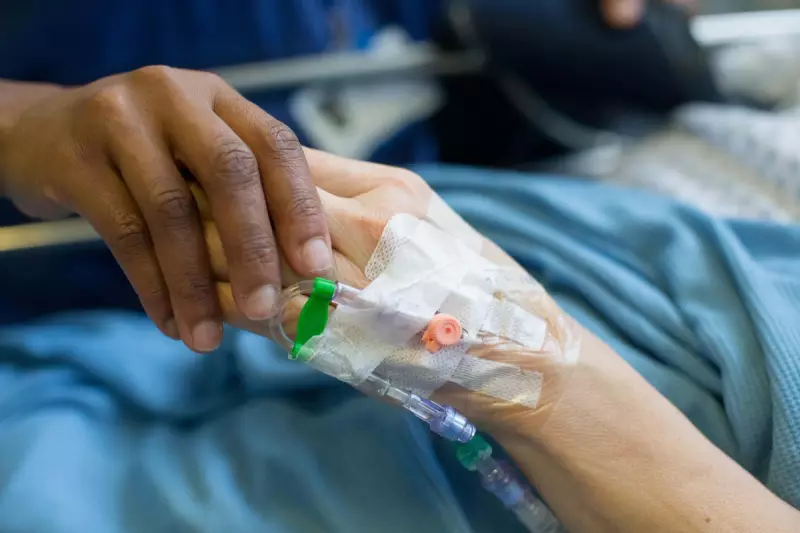
England's National Health Service is facing a severe crisis in cancer care, with alarming new data from Macmillan Cancer Support revealing that treatment targets are being consistently missed, leaving thousands of patients in limbo.
The charity's analysis shows a disturbing trend: only 69.3% of cancer patients in England began their first treatment within 62 days of an urgent GP referral in the past year. This falls dangerously below the NHS's own target of 85%, a standard that hasn't been met nationally since December 2015.
Growing Backlogs and Human Impact
Macmillan's report highlights that over 33,000 people waited longer than two months to start treatment after an urgent referral. Even more concerning, nearly 9,000 patients faced delays exceeding 104 days—more than three months of agonizing uncertainty after receiving a cancer diagnosis.
These delays aren't just statistics; they represent real people facing immense anxiety and potentially worsening outcomes. Every day of waiting can feel like an eternity for patients and their families.
A System Under Strain
The crisis stems from multiple factors creating a perfect storm:
- Workforce shortages: Critical staff deficits across cancer care pathways
- Diagnostic bottlenecks: Insufficient capacity for timely scans and tests
- COVID-19 aftermath: The pandemic created backlogs that continue to affect services
- Growing demand: Increasing cancer cases adding pressure to already stretched services
Macmillan's Call to Action
The charity is urging the government to address this emergency with decisive action. Their recommendations include:
- Publishing a fully-funded long-term workforce plan for the NHS
- Implementing a comprehensive strategy to tackle cancer waiting times
- Increasing investment in diagnostic equipment and staff
- Ensuring sustainable funding to meet growing demand for cancer services
As one Macmillan spokesperson emphasized, "Timely diagnosis and treatment are crucial for better cancer outcomes. These persistent delays are unacceptable and must be addressed as an urgent priority."
The Department of Health and Social Care has acknowledged the challenges, citing efforts to reduce waiting times through community diagnostic centers and increased screening programs. However, Macmillan insists that more radical action is needed to prevent the situation from deteriorating further.
This crisis serves as a stark reminder that without immediate intervention, the NHS's ability to provide quality cancer care remains under serious threat, with potentially devastating consequences for patients across England.





